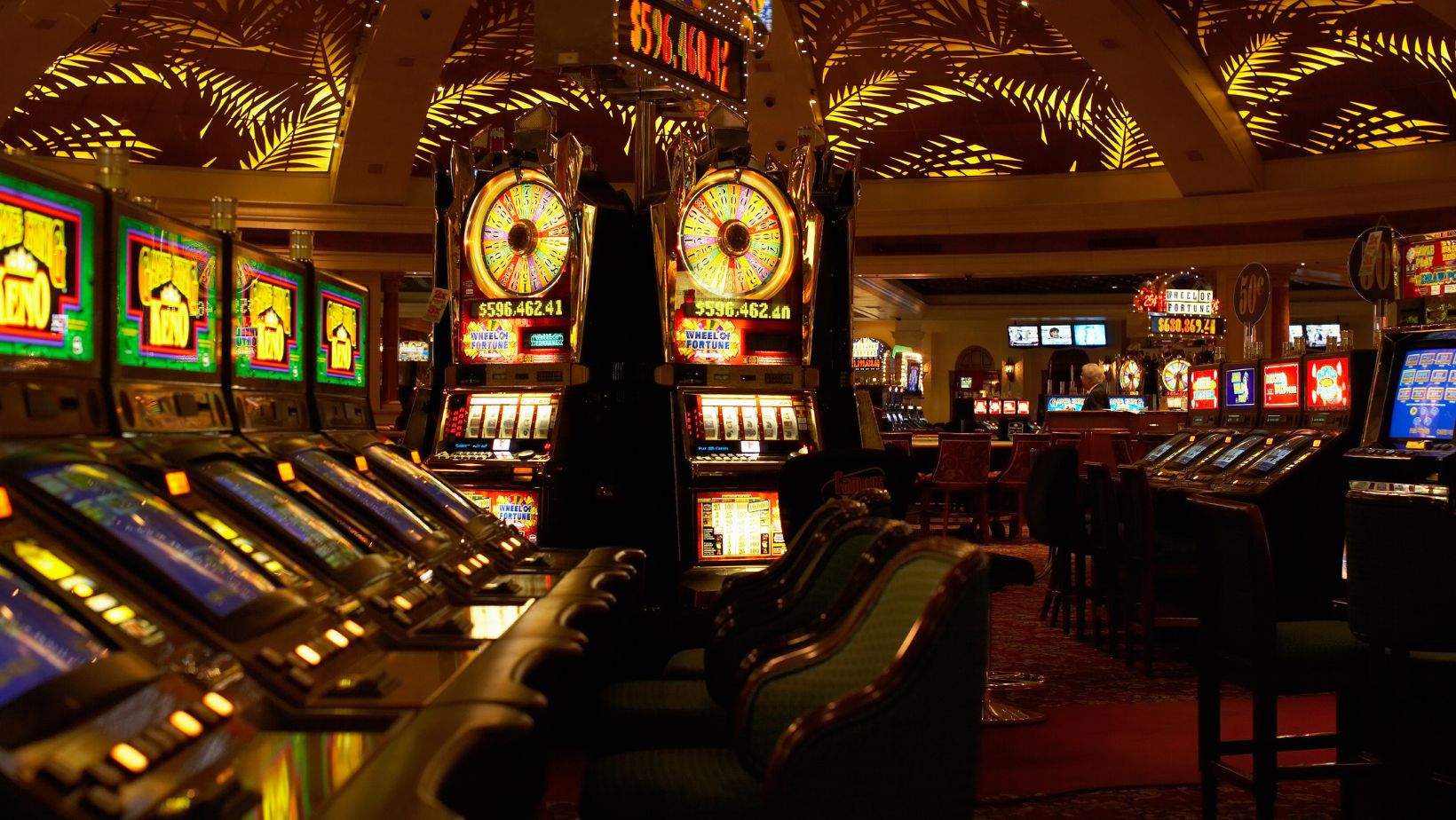A world of bright lights built on uneven ground

The appeal behind the screen
Casino games are always wrapped in a certain charm – the lights, the noise, the possibilities. Whether walking into a land-based casino or logging in through TonyBet, the experience will make people feel like the rules of everyday life have been suspended. There’s excitement when you place your bets and excitement when you watch the numbers spin or the cards land just right.
But the moment you come down from the excitement, a different picture emerges. Casino games do not exist in a vacuum. The structure of the economy in which it exists determines wages, housing, health care, and all other parts of daily life. The radical left’s point begins here: the house is more than a metaphor. This is a system. And systems, especially those driven by profit, rarely treat all participants equally.
The industry is built on inequality
Casinos, whether digital or land-based, follow one simple principle: they generate profits through a predictable mathematical edge. What is less well known is that such profits often depend on social inequality. People with a steady income may view casino games as entertainment, but many others are drawn by financial pressures in the hope of getting a lucky break in this rare world.
In working-class cities, casinos often positioned themselves as a source of work and entertainment. But these jobs often pay poorly, and entertainment often becomes a cycle of spending with no real return. In cyberspace, the dynamics have changed, but the logic remains the same: Bet fast, lose fast, hope fast. The platform encourages long sessions, quick deposits, and ongoing engagement.
spin psychology
Casino games rely on emotional rhythms. Wins come often enough to keep people engaged, while losses come in gently spread out among many small bets. Digital design makes it all smoother: pleasing graphics, helpful sounds, animations that feel comfortable or exciting at the right moment.
Two techniques appear repeatedly:
- intermittent rewardswhich creates unpredictable excitement
- frictionless playplace bets with one click and reduce the awareness of spending money
The experience is designed, not accidental. This doesn’t mean players are naive, but it means the industry has perfected ways to channel attention, tension, and desire.
When casino culture penetrates into daily life
What is striking is how the casino logic extends beyond the casino. The broader culture encourages risk-taking as opportunity: volatile financial apps, gamified investing, gig incentives, reward systems that mimic slot machines. Even productivity tools use stripes, rewards, and bright colors.
Capitalism learned from casinos and adopted the most effective psychological strategies. In this sense, casino gaming is more than just a hobby or entertainment category – it reflects a society increasingly built on uncertainty masquerading as choice.
Communities that pay the highest prices
Not surprisingly, the worst consequences fall on already struggling communities. Working-class communities, immigrant families, and precarious workers are often targeted in advertising and promotional campaigns. When wages are stagnant but costs are rising, the thought of “maybe winning enough to catch your breath” becomes tempting.


But the radical left’s criticism isn’t directed at the people who play the game. Its goal is to make the game feel like one of the few areas where luck can change. People deserve stability, not false hope. They should enjoy an economic system that does not force them to gamble for comfortable opportunities.
Other ways to play
Still, the game itself isn’t the problem. Play can be joyful, communal, and creative. A card night among friends. In low-stakes poker, laughter is more important than chips. A cooperative game that rewards connection rather than competition.
These types of play spaces have two characteristics in common:
- They don’t rely on profitsso the pressure disappears.
- They are people-centered, not results-centeredrestore the sense of game.
The challenge is not to eliminate gambling entirely, but to imagine a world where people freely choose to gamble—not because everything else is shackled by financial barriers.
Imagine a better scenery
The left view raises broader questions:
Why do so many people feel pushed toward opportunity?
Why do entire industries profit from economic insecurity?
Why is entertainment the most accessible when it has the potential to cause financial harm?
Casino gaming may be a simple pastime, but in a deeply unequal system, it often holds a mirror up to the struggles at the bottom. Changing that means addressing the underlying issues – fair wages, social supports, community spaces, stable housing, and public joy that doesn’t require risk.
more than a bet
People have always loved games of chance. There’s something timeless about watching a card flip or a wheel slow down. But the goal shouldn’t be to remove the stimulus—it should be to protect people from the structures that exploit it.
In a fairer world, casino games might be just that: games. The moments of excitement, the spark of adrenaline, the stories to be told afterwards – this is not a survival strategy or a trap for those who have no other choice.
Until then, understanding the systems behind the screen is the first real victory any player can achieve.


